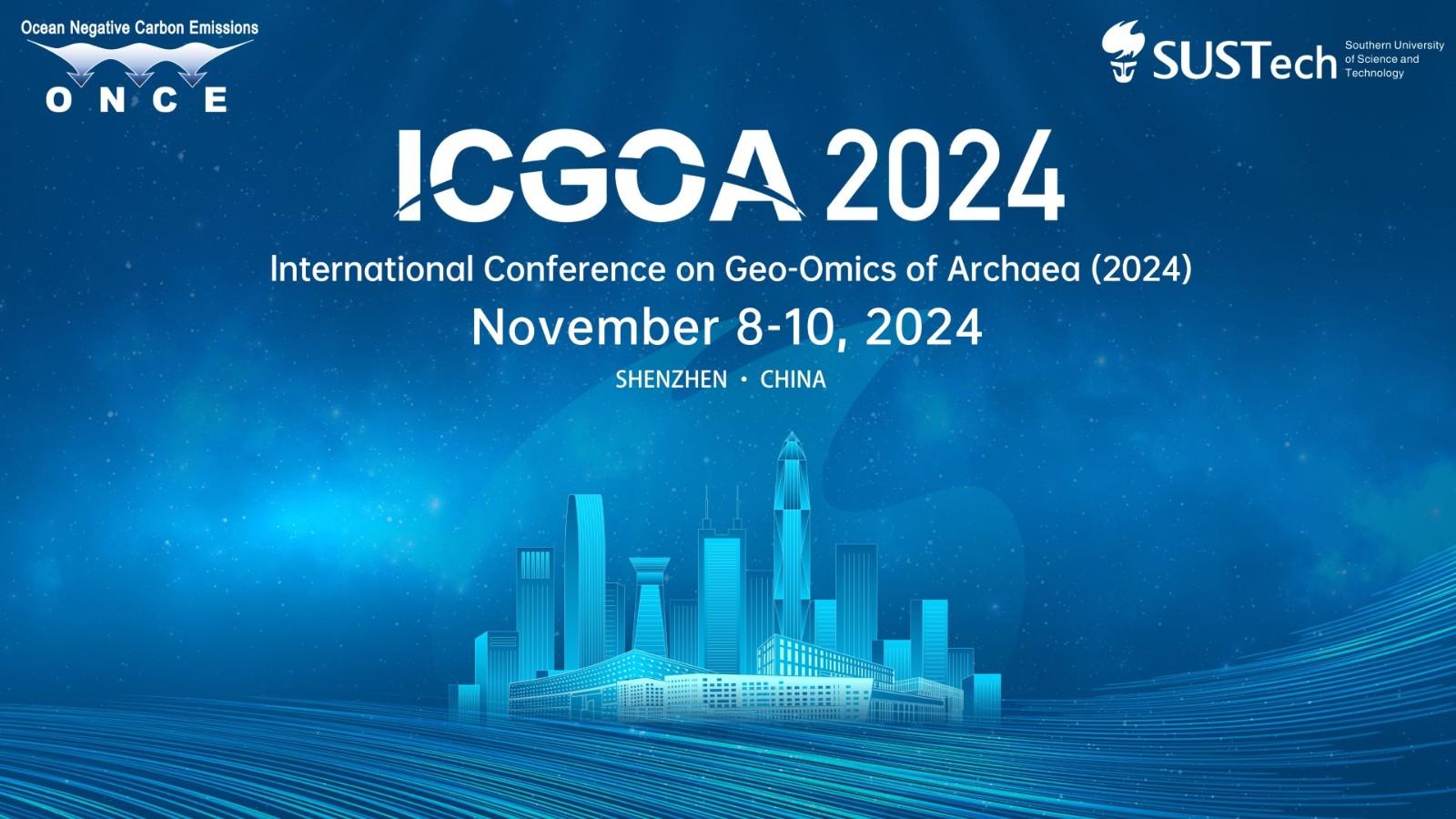Thank You for Attending!

The Archaea encompass a diverse microbial lineage that represents the most recently discovered life forms on Earth. They inhabit some of the most extreme environments on our planet, possess unusual physiological traits, and have left molecular fossils suggesting their prevalence among ancient microbial communities. Recent genomic studies have further revealed that they are widespread in numerous “non-extreme” habitats in the ocean and on land, and play central roles in global carbon and nitrogen cycles. However, the majority of Archaea remain uncultivated and their exact role in ecosystem functions such as the microbial carbon pump is poorly defined. The world of Archaea therefore still remains to be further discovered, explored, and described.
To facilitate the global efforts in addressing fundamental questions related to the biology, physiology, diversity, biogeochemistry, ecology and evolution of Archaea, the Shenzhen Key Laboratory of Marine Archaea Geo-Omics and Institute of Ocean Studies at Southern University of Science and Technology are organizing the International Conference on Geo-Omics of Archaea (2024) under the auspices of UN Ocean Decade Program of Ocean Negative Carbon Emissions (ONCE), with the overarching themes being the Systematics and Evolution of Archaea (time), Ecology and Biogeochemistry of Archaea (space), and Physiology and Biochemistry of Archaea (cell). ICGOA 2024 is planned to have about 200 attendees. Among them, approximately 30 scientists from around the world will be invited to speak on the key roles of archaea in global element cycling, ecosystem resilience, climate change, life evolution, and industrial and medical applications. There will also be discussions and exchanges on AI-driven exploration of archaea life.
ICGOA 2024 will be held in Shenzhen, China 8th - 10th November 2024.
Abstract submission, registration, and payment for ICGOA 2024 are now open.
Conference Chairs
Brian Hedlund
School of Life Sciences, University of Nevada, Las Vegas, United States
Professor
Francisco Rodriguez-Valera
Department of Vegetal Production and Microbiology, Universidad Miguel Hernández de Elche Spain, Spain
Professor
Laura Villanueva
Department of Marine Microbiology and Biogeochemistry, Royal Netherlands Institute for Sea Research, Netherlands
Professor
Chuanlun Zhang
Advanced Institute for Ocean Research and Department of Ocean Science and Engineering, Southern University of Science and Technology, China
Professor

